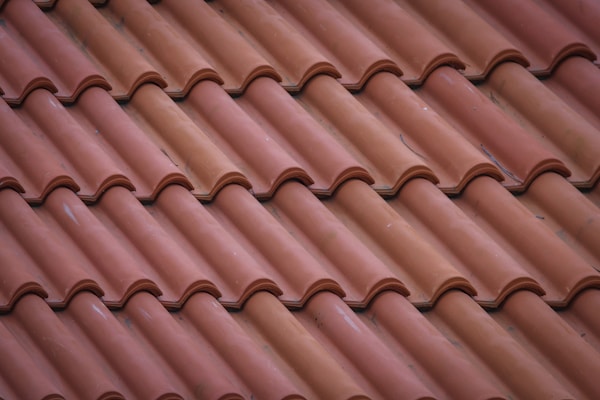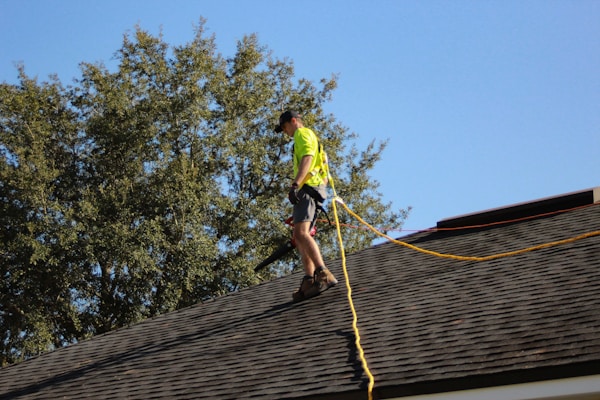The roof is like the hard hat to your house. Making sure it is protected and secure is so important to the safety of your home or business. And with so many types of industrial roofing systems available on the market, it can be hard to identify what’s the best one for you. Don’t worry, we can help! Let’s take a look at all the different types of roofing systems, from bitumen to thermoplastic polyolefin. Each variety comes with its own set of benefits, so we’ll help you choose the best one for your needs. Keep reading to learn more about industrial roofing systems!
The Basics of Industrial Systems

There are various types of industrial roofing systems that are used in different industries. The most common type of industrial roofing system is the flat roof, which is used in many commercial and industrial buildings. There are also several types of metal roofs that are commonly used in industrial applications. These include standing seam roofs, corrugated metal roofs, and metal shingles.
Another type of industrial roofing system that is becoming more popular is the green or vegetative roof. A green roof is a roof that is covered with vegetation and soil to create a garden or park-like environment. Green roofs can be either extensive or intensive, depending on how much vegetation and soil are used. They are beneficial for both the environment and the building owner, as they help to reduce energy usage and cooling costs, and improve stormwater runoff management.
Finally, there are a few specialty types of industrial roofing systems that should be mentioned. One example is a translucent panel roof, which consists of panels made from clear plastic or other materials that allow natural light to pass through into the building below. This type of roof can be used in places where it is important to have plenty of natural light, such as warehouses and factories. Another specialty type of industrial roofing system is the solar array rooftop system, which uses photovoltaic panels to convert sunlight into electrical energy.
Bitumen Shingles and Felt

Bitumen shingles and felt are two of the most common types of roofing systems. Bitumen shingles are made from asphalt, which is a type of petroleum product. Felt roofing is made from tar paper or other materials that are designed to be water-resistant. Both bitumen shingles and felt have a number of benefits that make them popular choices for industrial roofs. They are both relatively inexpensive, and they can be installed quickly. They also provide good protection against the elements, making them ideal for use in areas that experience harsh weather conditions.
Thermoplastic Polyolefin

TPO is a single-ply membrane made from thermoplastic polyolefin (TPO) materials. TPO is a polymer composed of propylene and ethylene that is combined in an extrusion process to form a sheet or tape. The resulting product is white but can be colored with titanium dioxide pigments. TPO has good resistance to UV degradation, making it ideal for applications where exposure to sunlight is high. TPOs are also resistant to tearing and puncturing and have good insulation properties. Installation of a TPO is relatively easy and quick, making it a popular choice for industrial applications.
EPDM Rubber Roofing Systems

EPDM is a synthetic rubber membrane that is often used for industrial and commercial roofing applications. It has a high resistance to ultraviolet radiation, ozone, weathering, and abrasion. EPDM roofs are also highly resistant to tears and punctures, making them a good choice for applications where there is a risk of damage from debris or other objects. EPDM systems can be installed in a variety of ways, including using mechanical fasteners, adhesive, or ballasted systems.
Overall, the different types of roofing systems are important to consider when choosing a roofing system for a commercial or industrial building. Each type of roofing system has its own benefits and drawbacks, so it is important to choose the system that will be the most beneficial for the specific building. Overall, the different types of industrial roofing systems are important for protecting the building from the elements and ensuring that the building is safe and secure.




